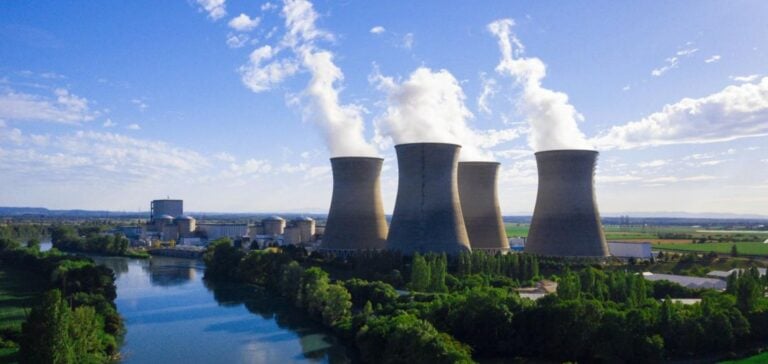Faced with the polarization between pro-nuclear and pro-renewables, the French government is taking a new approach to updating its multi-year energy plan (PPE). Abandoning the usual legislative process, it favors adoption by decree, deemed quicker and more efficient. This decision, announced by Industry and Energy Minister Roland Lescure, reflects the urgent need to update energy targets without waiting for parliamentary approval.
Redefined energy targets
The government’s objective is clear: to significantly increase energy production while reducing carbon emissions. To achieve this, France plans to increase its electricity production from 450 to 650 TWh. This increase implies a return to historic levels of production for EDF’s nuclear fleet, and a five-fold increase in renewable gas production by 2035. These initiatives are crucial to achieving carbon neutrality by 2050.
Divergences and public consultations
The strategy adopted has raised concerns among environmentalists and prompted debate about the effectiveness of the decree’s approach. Organizations such as the Climate Action Network and Greenpeace criticize the lack of parliamentary debate, seeing in this decision a disdain for legislative power. Nevertheless, a public consultation is planned to gather citizens’ opinions, essential to legitimize the process.
Towards energy balance
The emphasis on “technology neutrality” reflects a desire not to favor one energy source over another, but to maximize all available options for achieving climate targets. This strategic position, which contrasts with the energy policy of some of our European neighbors, notably Germany, is designed to ensure a balanced and efficient energy transition.
While moving ahead with the decree for the PPE, the government also plans to submit aspects not covered by the decree, such as consumer protection and hydroelectric dam management, to parliamentary debate. This mixed approach shows an attempt to maintain a balance between the rapid action required by climate issues and respect for the democratic process.





















